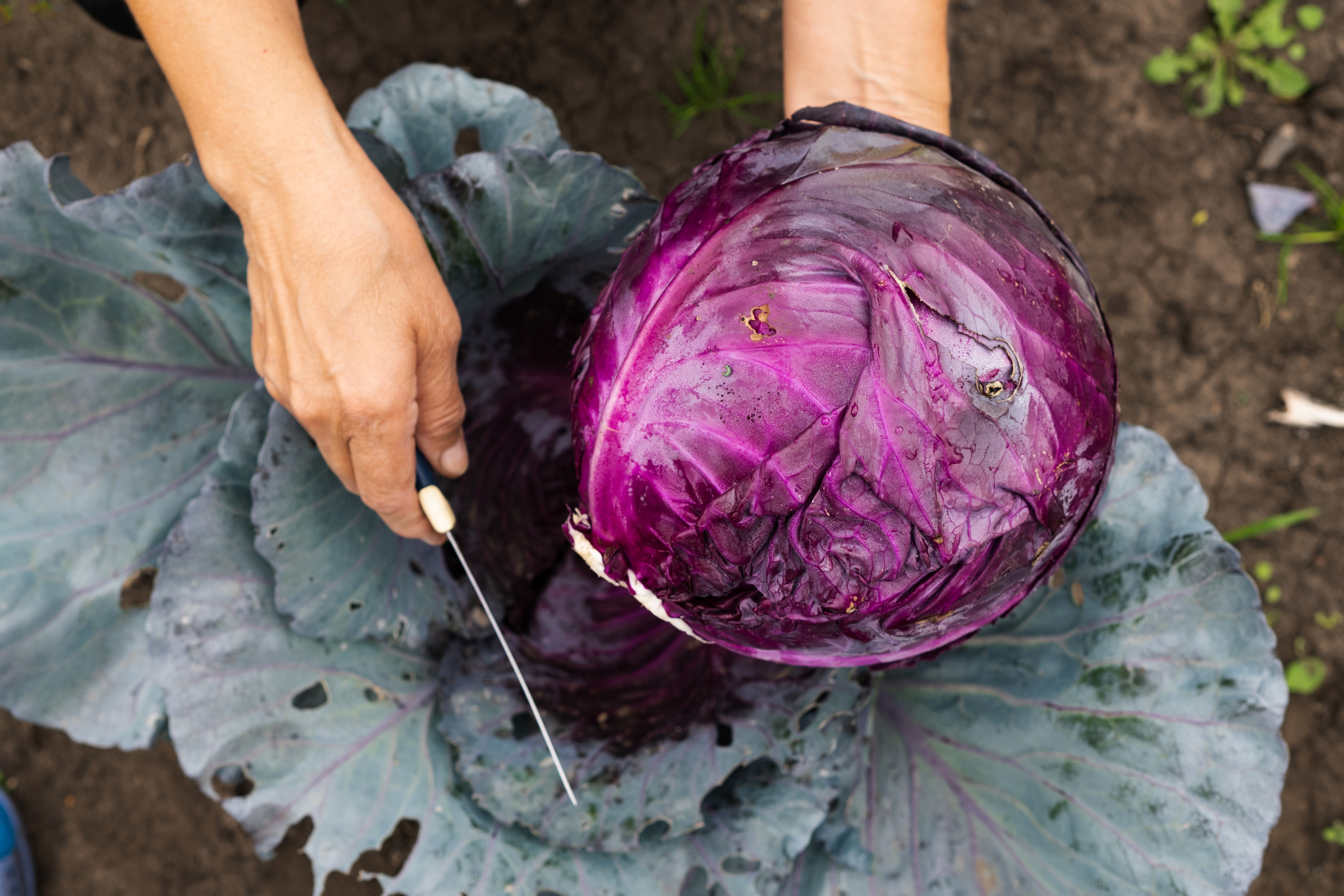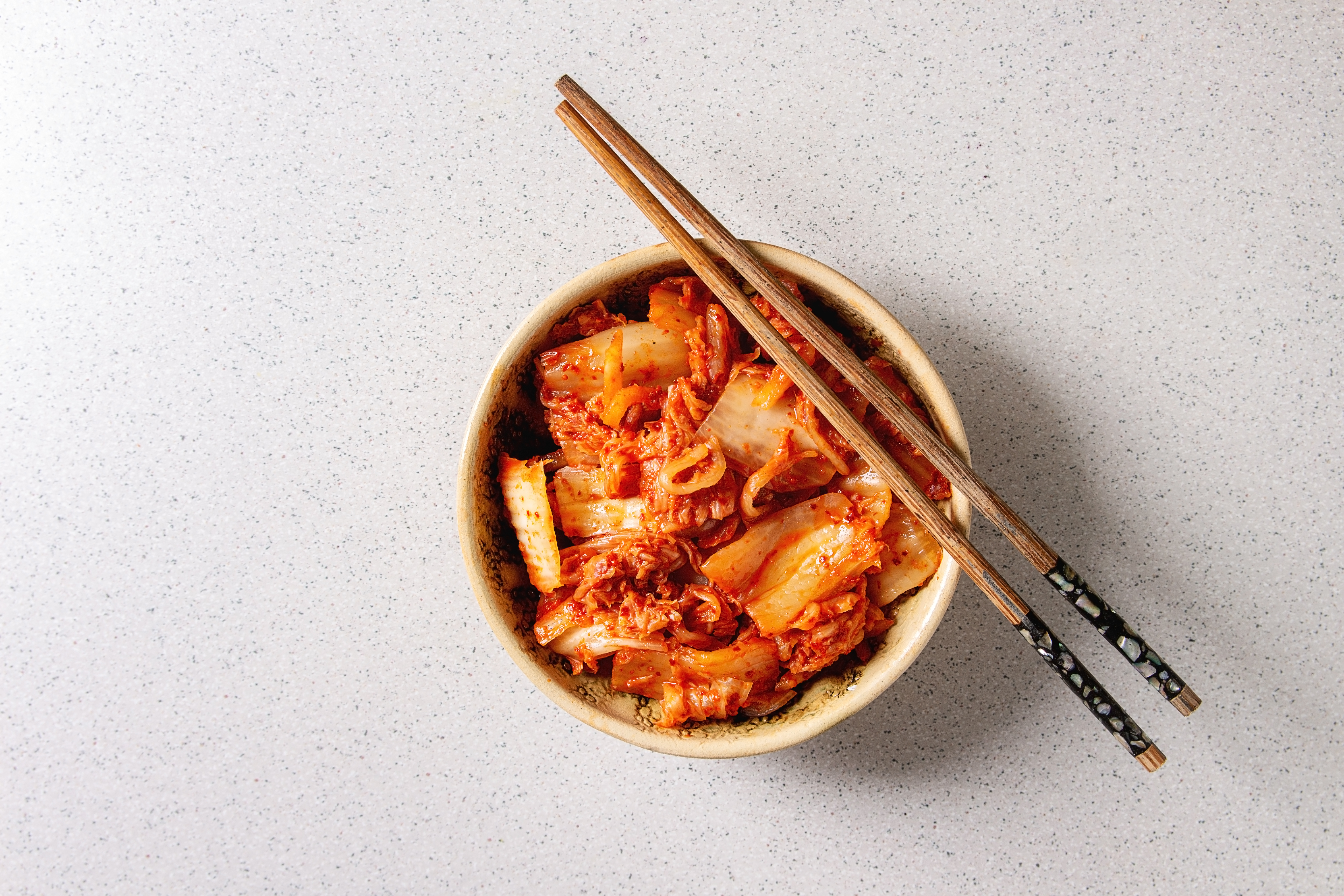Winter Superfoods That Fight Inflammation Naturally
19. Red Cabbage – A Cruciferous Anti-Inflammatory Hero

Red cabbage, with its vibrant purple hue, is a powerful source of anti-inflammatory antioxidants that help fight chronic inflammation and promote overall health. This cruciferous vegetable is packed with anthocyanins, the same compounds found in blueberries, which have been shown to reduce oxidative stress and protect against heart disease. Red cabbage also contains sulforaphane, a bioactive compound that neutralizes toxins, reduces inflammation, and supports liver detoxification. In addition to its anti-inflammatory properties, red cabbage is high in fiber and prebiotics, which help feed beneficial gut bacteria and improve digestion. It is also rich in vitamin K, vitamin C, and manganese, all of which contribute to bone health, immune function, and tissue repair. To incorporate red cabbage into your meals, try shredding it into slaws, fermenting it into kimchi or sauerkraut, or sautéing it with garlic and olive oil for a warm, nourishing side dish. Cooking it lightly can help retain its beneficial compounds while making it easier to digest.
20. Kimchi & Sauerkraut – Fermented Goodness for Gut Health

Fermented foods like kimchi and sauerkraut are not just flavorful additions to meals—they are powerful allies against inflammation. These probiotic-rich foods nourish the gut microbiome, which plays a crucial role in modulating inflammation and immune responses. Since 70% of the immune system resides in the gut, ensuring a healthy balance of gut bacteria is essential for reducing chronic inflammation and supporting digestion, brain health, and metabolic function. To enjoy the benefits of fermented foods, try adding a spoonful of kimchi or sauerkraut to grain bowls, sandwiches, or as a topping for soups. Since heat can kill beneficial probiotics, it’s best to consume these foods raw or lightly warmed. Regularly eating fermented foods can help reduce bloating, boost nutrient absorption, and keep inflammation at bay throughout the winter months.
